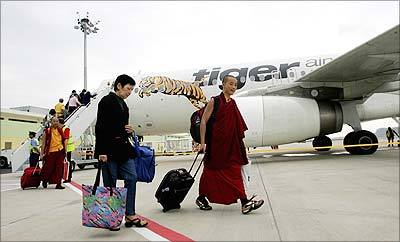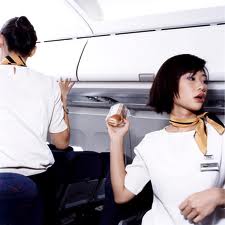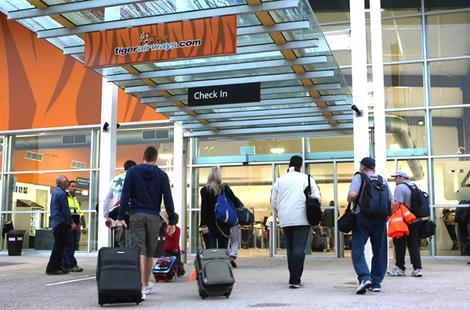PHUKET is likely to be central to the ambitions of the new Thai Tiger budget airline, with details to be formally announced in Bangkok today.

AirAsia’s declaration of Phuket as a regional hub and its rapid expansion to link up the region at low cost has pushed the increasingly popular red brand’s claim to be the industry leader.
Now Thai Airways, the national carrier, is finally reacting. Tiger, based in Singapore, and with a toe-hold in Australia and growing international exposure, is a natural ally.
 Thai Airways has suffered from the conceit that as the national airline, it somehow automatically warrants the support of air travellers in Thailand. That approach may have worked through the 20th century, but the 21st century is redrawing the global flight patterns and many fliers are choosing V for value over S for superior service.
Thai Airways has suffered from the conceit that as the national airline, it somehow automatically warrants the support of air travellers in Thailand. That approach may have worked through the 20th century, but the 21st century is redrawing the global flight patterns and many fliers are choosing V for value over S for superior service.Phuket is being seen as one of the key destination battle zones for the new era of budget competition. The battle over value is matched by the battle to lock in the rougher V shape geography formed by Singapore, Kuala Lumpur and Phuket.
In Southeast Asia, this three-country zone is likely to be the target for rapid air travel expansion over the next 20 years, both for business and tourism.
In Southeast Asia, this three-country zone is likely to be the target for rapid air travel expansion over the next 20 years, both for business and tourism.
In many ways, Phuket is in the process of breaking free and proving its independence from its traditional links to Bangkok. The recent political violence in the capital only served to emphasise the difference.

Plans have been approved to double the capacity of Phuket International Airport before 2015. And already existing flight entry space has become precious as carriers seek a trouble-free destination within Thailand.
In Australia, fares have tumbled as Tiger challenges Virgin Blue and Qantas in a market that has never previously supported more than two national carriers for longer than two years. Tiger has nine planes based in Australia, where it has been leading the competition for lower prices.
Jetstar, the Qantas budget arm, has driven an enormous increase in the number of Australians choosing Phuket for holidays. AirAsia meanwhile is reaching out from Phuket to Hong Kong and China.
 Opting to enter the international low-cost duel, Thai brings fresh resources, including the recent purchase of seven more A330-300 wide-bodied Airbus aircraft in a deal worth $1.5 billion.
Opting to enter the international low-cost duel, Thai brings fresh resources, including the recent purchase of seven more A330-300 wide-bodied Airbus aircraft in a deal worth $1.5 billion.Today’s deal shows that the national carrier means business.


No comments:
Post a Comment